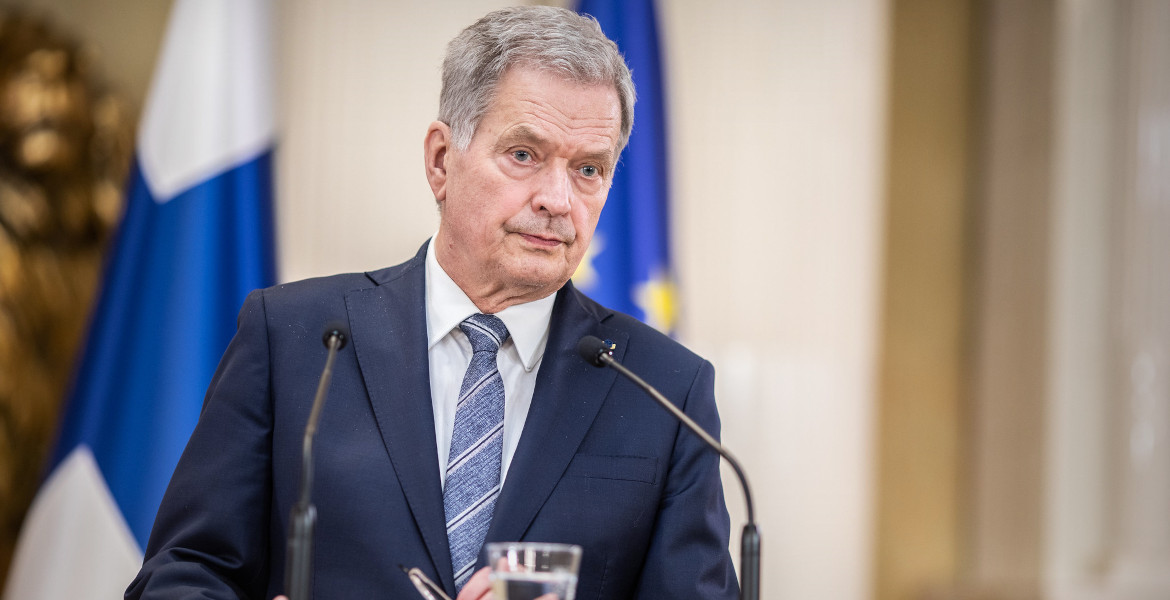More and more young people in Finland are joining the church. The trend is particularly evident among young men joining the Evangelical Lutheran Church.
Interest in religion and the church has increased in both Sweden and Finland in recent years. In Finland, it is mainly young men aged 20-39 who are joining, a trend that is clearly visible in Helsinki. In general, young men show a greater interest in Christianity than young women. A survey last year showed that 42% of men aged 18-24 believe that the Church's values are in line with their own, compared to 26% of women in the same age group.
Sweden is also seeing a similar trend, with people born in 1997 or later increasingly joining the church, as reported by the taxpayer-funded SVT. Last year, the number of people actively joining the Church of Sweden was the highest since statistics began to be kept in the 1970s.
Although fewer children are being baptized in Finland, more young adults are choosing to be baptized, often in connection with confirmation.
– Those who are now of age to be confirmed belong to the cohorts whose parents have not had their children baptized. To be confirmed, you have to be baptized, so among those who are confirmed, there are several who must be baptized and thus join the church, says Heidi Jäntti, parish priest at Porvoo Swedish Cathedral Parish, to the Finnish state channel Yle.
Jäntti believes that the unrest of recent years has contributed to young people's increased interest in the church.
– I am sure that the world situation has affected people's need for security and also the need to have a human community around them. I believe that the church offers not only an opportunity to find security and comfort, but also strength, hope and faith in goodness, she says.




